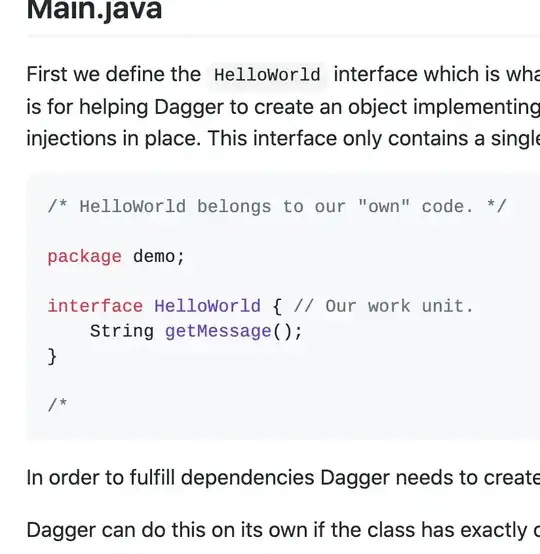In a project that aspires from the onset to be maintainable across a revolving team of developers, what difference would it make to use literate programming against thorough commenting guidelines?
The latter would imply: classes with explicit purposes of what they do, why they are there, with examples, non-cryptic error codes, variables with inline explanations, a style guide that forces developers to use plain English, full sentences, eschew abbreviations and so on. Add to it that an IDE could be able to collapse the details or you could just extract the docs.
Could it be that literate programming was a solution to problem that was tackled meanwhile through other means? Could it be that back then, when literate programming was created, some languages/tools wouldn't allow for simple mechanisms like these?
